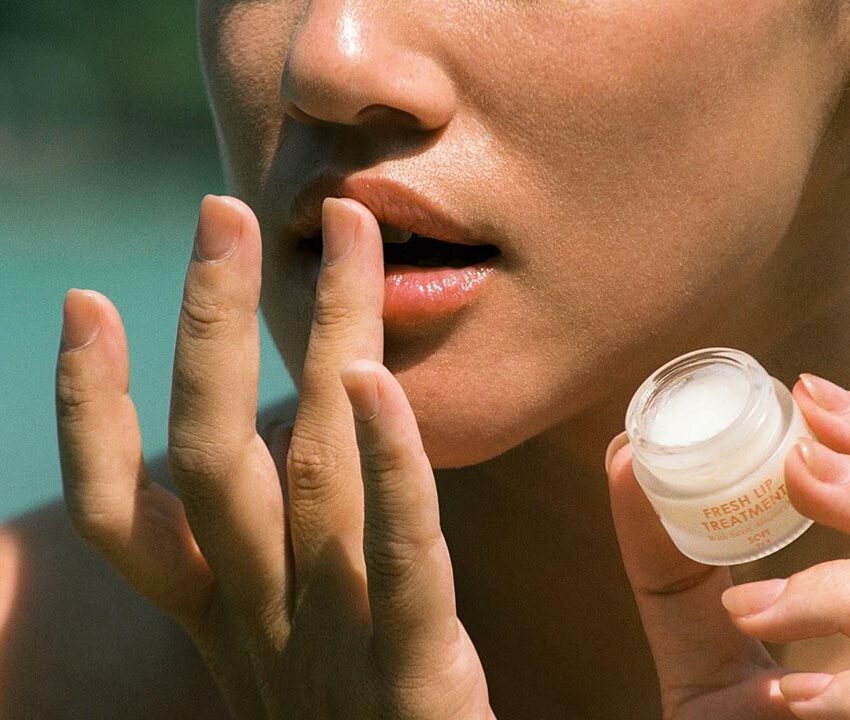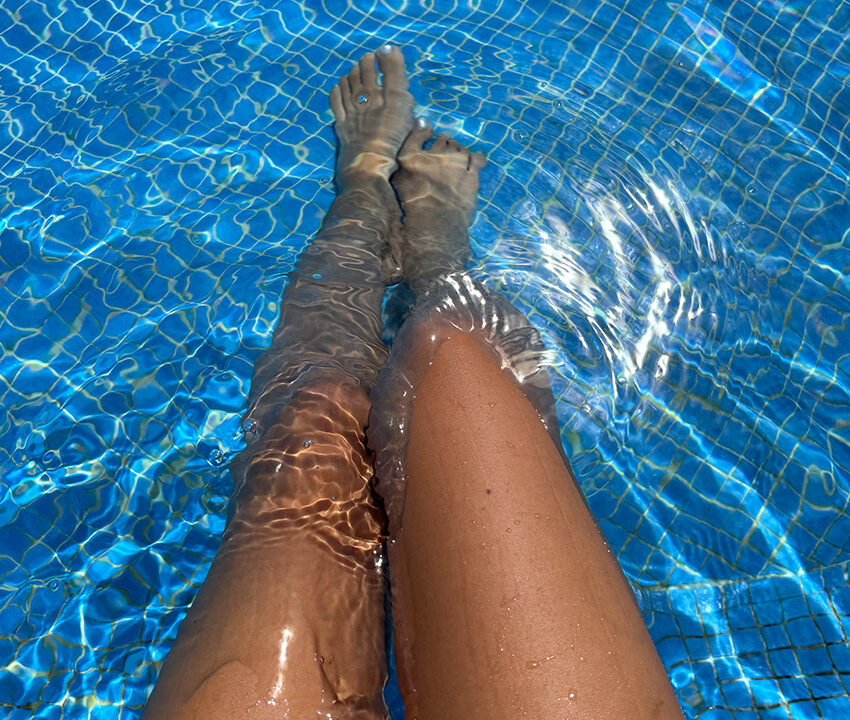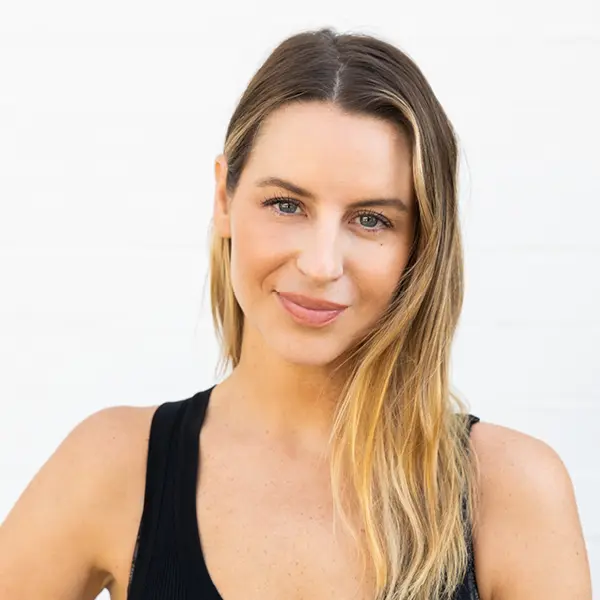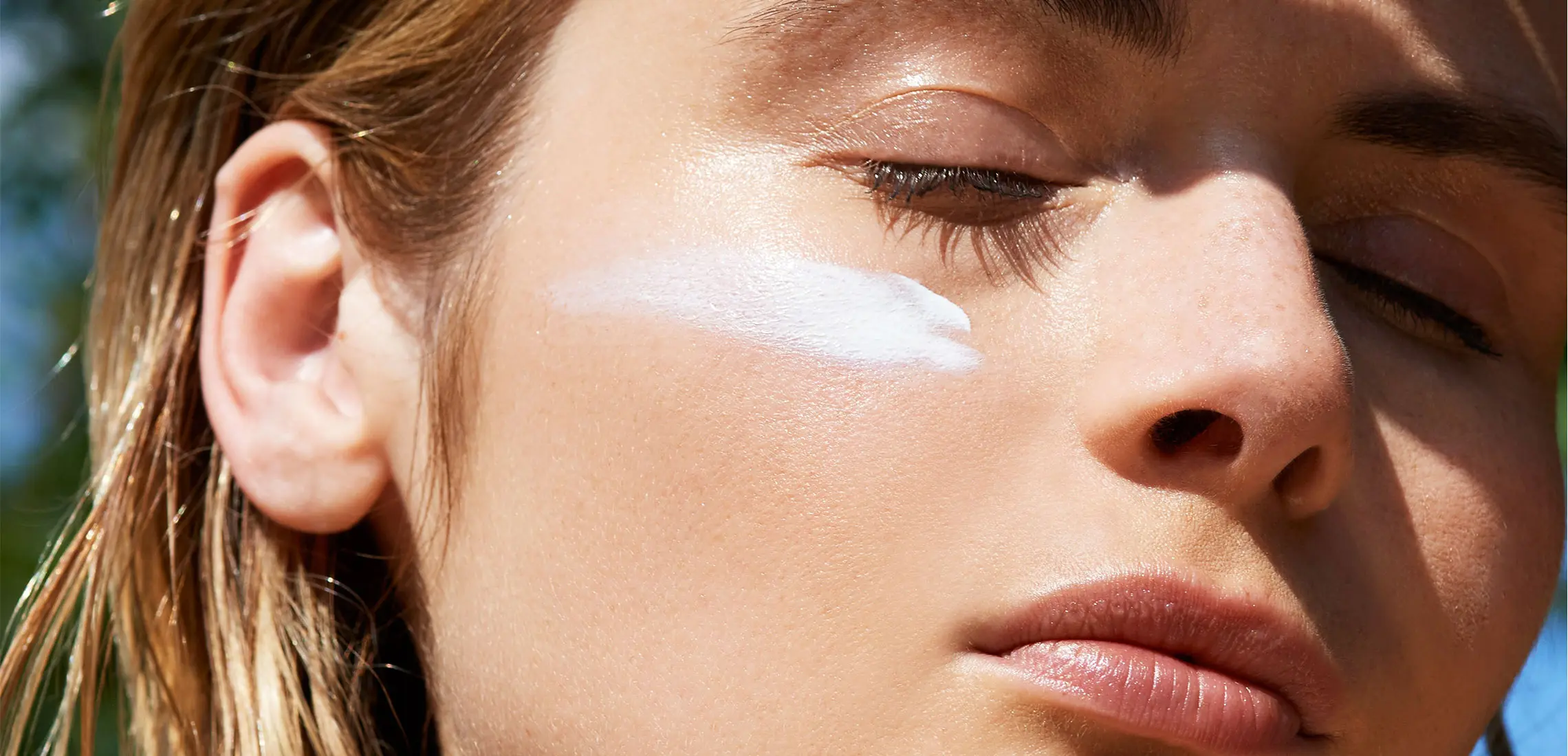
The Importance Of Skin Checks
No hat, no play!
When you think of an Australian summer, what springs to mind? A beaming sun, bikini-clad bodies racing in and out of the sea, bronzed limbs sprawled out across beach towels … sound about right? While we all love nothing more than enjoying these warm sunny days outdoors in the sunshine, according to Cancer Council Australia, days like this have resulted in over 15.3k cases of melanoma in Australian men and women (in 2019). That’s a bloody scary number.
Melanoma, the most common cancer affecting 15 – 39-year-old Australians, *is* largely preventable, and thankfully there’s a slew of companies on the tirade to stop this number from growing.
We caught up with Dr Mia Didovic, director of Bayside Cosmetic Medicine Clinic (BCMC) to talk status quo on skin cancers, why it’s important to regularly self-check, and unpack some rather ugly truth bombs.
So, let’s get educated, let’s practice keeping ourselves and our children safe from the sun, and Call Time On Melanoma once and for all!
What are the most common types of skin cancer?
The three main types of skin cancer are basal cell carcinoma (BCC), squamous cell carcinoma (SCC) and melanoma. BCC and SCC are also called non-melanoma skin cancer or keratinocyte cancer.
BCC starts in the basal cells of the epidermis. They make up about 70% of non-melanoma skin cancers. SCC starts in the squamous cells of the epidermis and makes up around 30% of non-melanoma skin cancers. Melanomas start in the melanocyte cells of the skin and make up between 1 – 2% of all skin cancers (statistics from Cancer Council Australia).
Has the number of skin cancers increased over time?
Despite popular belief, they have stabilised recently due to education and implementation of preventative measures.
What can we do to prevent our chances of getting skin cancer?
Limiting your exposure to sunlight, especially at peak UV times, wearing broad spectrum 50+ UVA and UVB sunscreen to exposed skin surfaces, wearing a hat, sunglasses when outside, and seeking shade.
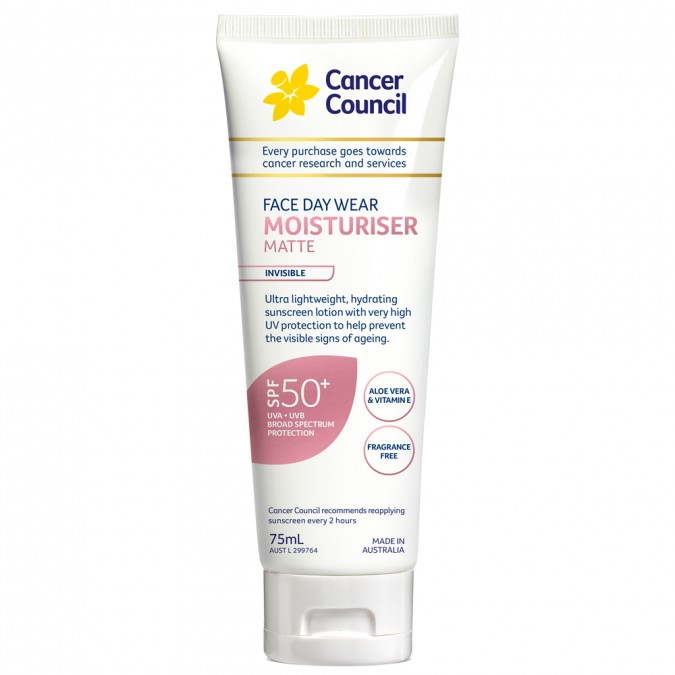
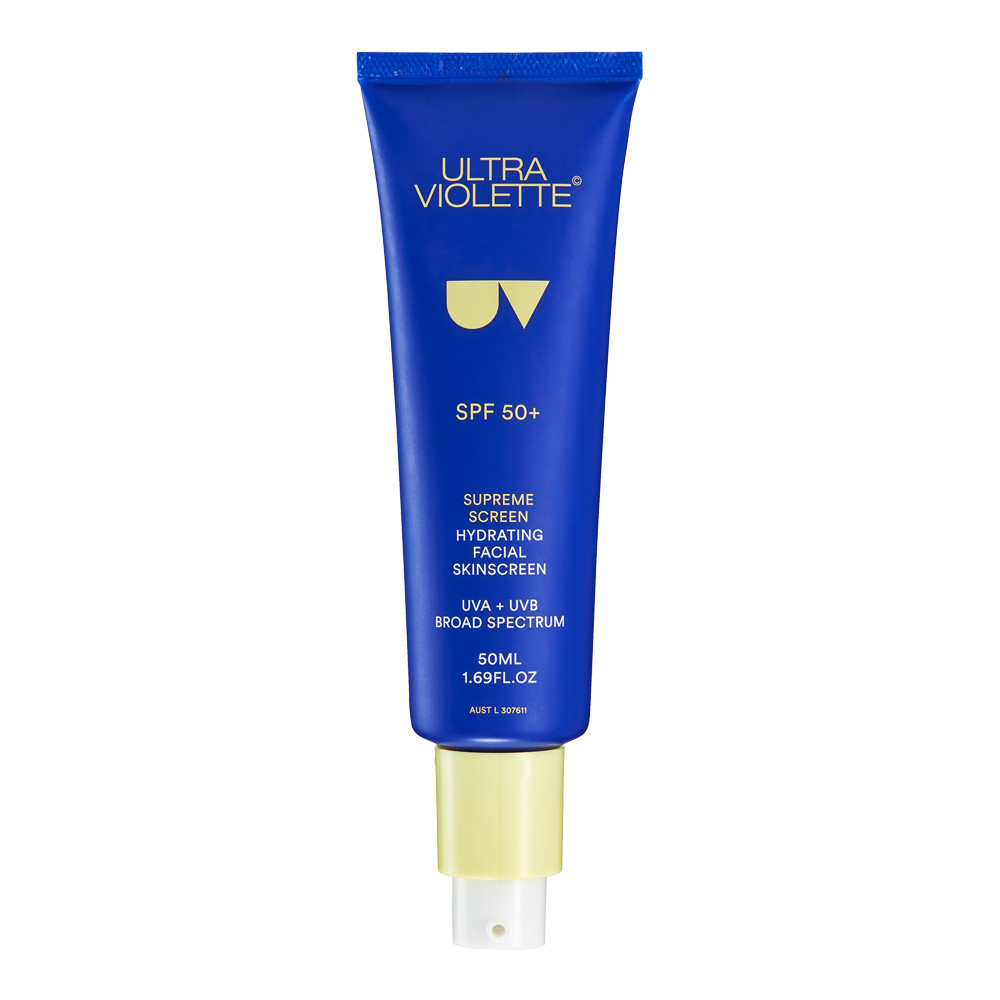
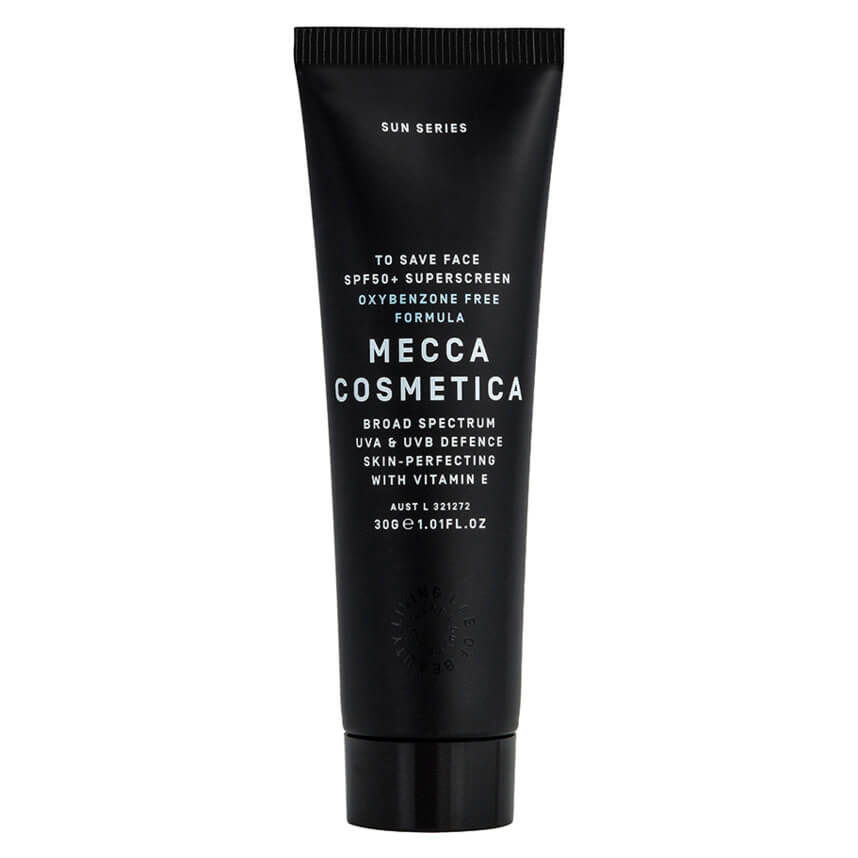
How often should we check our skin at home?
It’s important to get to know your skin intimately, so that you can easily identify any changes to it. Skin cancers are more frequently seen than felt. It is recommended that all adults check their skin every three months. It is important to check your skin more often if you have a high exposure to sunlight or if you live in a climate with a high UV index rating.
How do we check it? Walk us through the process…
In a room with good light, undress completely and use a full-length mirror to check your whole body. Start from your scalp and systematically work your way down your body, making sure you have checked both sides. Make sure you check your entire body, as skin cancers can sometimes occur on parts of the body that are not exposed to the sun, such as the soles of your feet, between fingers and toes and under nails. To check areas that are difficult to see, use a handheld mirror. If you notice any changes to your skin, make an appointment with your skin cancer specialist straight away. The earlier a skin cancer is found and treated, the better outcome you will have.
At BCMC, we use the latest technology – total body photography – that uses artificial intelligence and photos to assess moles and changes in moles which aids in the success of thoroughly checking all areas of the skin, and, ultimately, identifying skin cancers.
What are the tell-tale signs something is suspicious or wrong?
One easy way to remember common characteristics of melanoma is to think alphabetically – the ABCDEs of melanoma stand for asymmetry, border, colour, diameter and evolving:
Asymmetry: two halves of the lesion do not match
Border: the outline should be smooth and even, and not have noticed or uneven edges
Colour: multiple colours are visible
Diameter: lesions larger than 6mm
Evolving: any changes in size, colour, shape, elevation or any other new trait or symptom such as bleeding, itching or growth
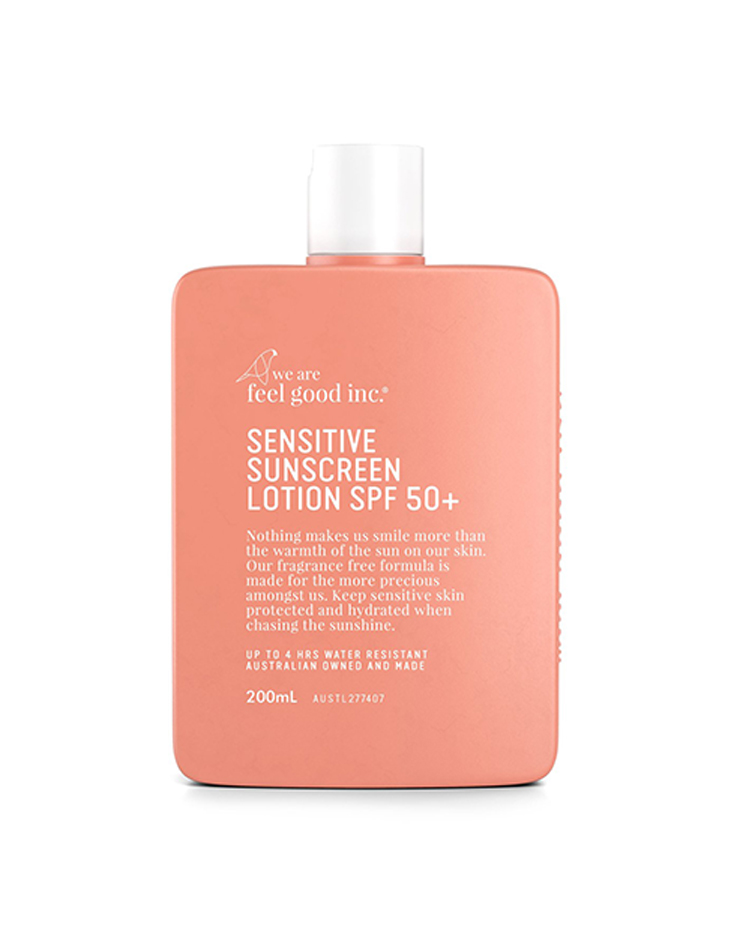
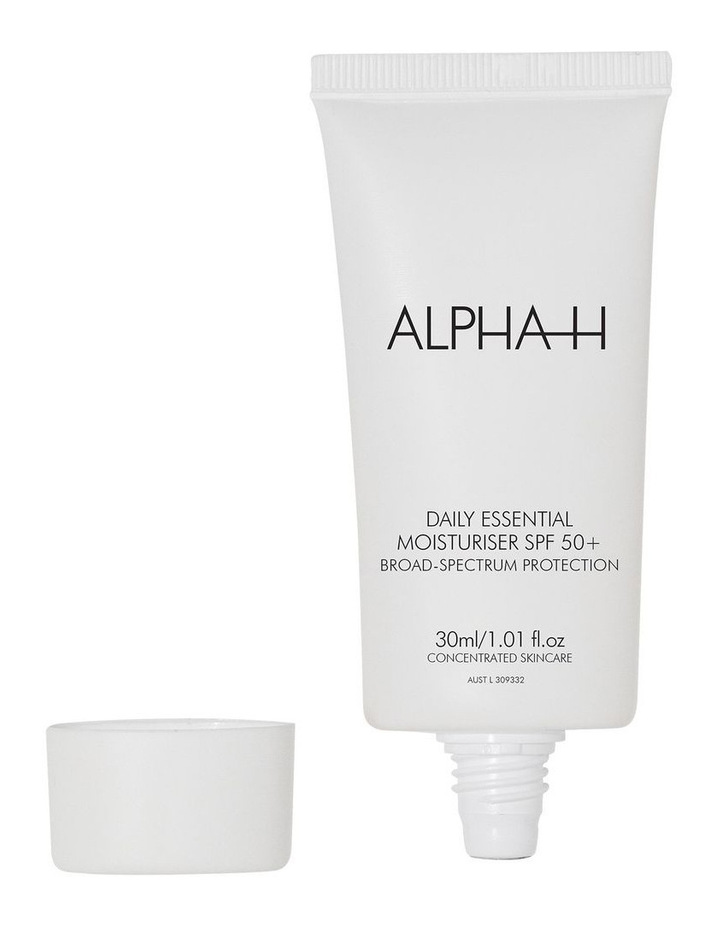
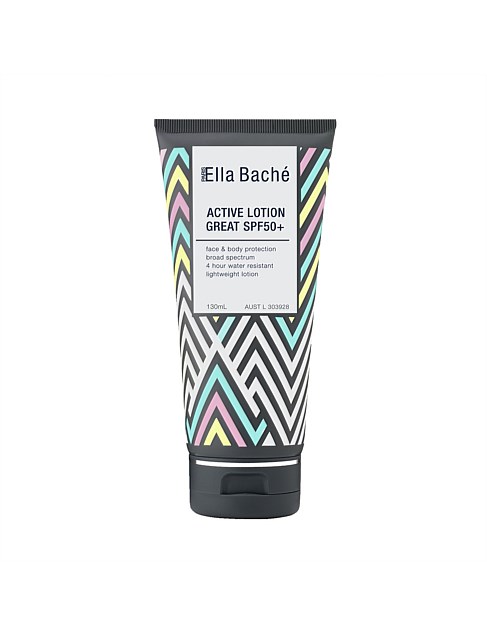
How often should we get our skin checked by a professional?
Most regular skin checks are done annually, however skin check frequency is mostly risk based, so if you have had a history of melanoma or other skin cancers, or if you have a family history of skin cancer, have fair skin or light-coloured hair, spend a lot of time outdoors or have been frequently sunburnt or tanned you are at a higher risk of developing skin cancer, and you may need regular checks every three to six months.
Why is it important to have regular checks?
Regular skin checks are important in preventing skin cancers and catching them at an early stage can dramatically improve the outcome. Areas like the back, buttocks, back of legs, and arms are common areas where people struggle to check properly, so having a thorough check by a skin cancer specialist will ensure you’re completely covered.
What are the statistics relating to skin cancers in Australia?
According to the latest ABS data of the Australians living with cancer in 2017 – 2018, nearly one in three (30.8%) had some form of skin cancer, making this the most common type of cancer affecting people. At least two out of three Australians will be diagnosed with skin cancer before the age of 70. According to Cancer Council Australia, skin cancers cause more deaths than transport accidents every year in our country. We have the highest rates of melanoma in the world. Melanoma Institute Australia research shows that melanomas are the third most common cancer in Australian men, after prostate and colorectal cancer, and the third most common cancer in Australian women, after breast and colorectal cancer. For those aged between 15 – 39 years of age, it is the most common cancer.
Book your skin check now here.

